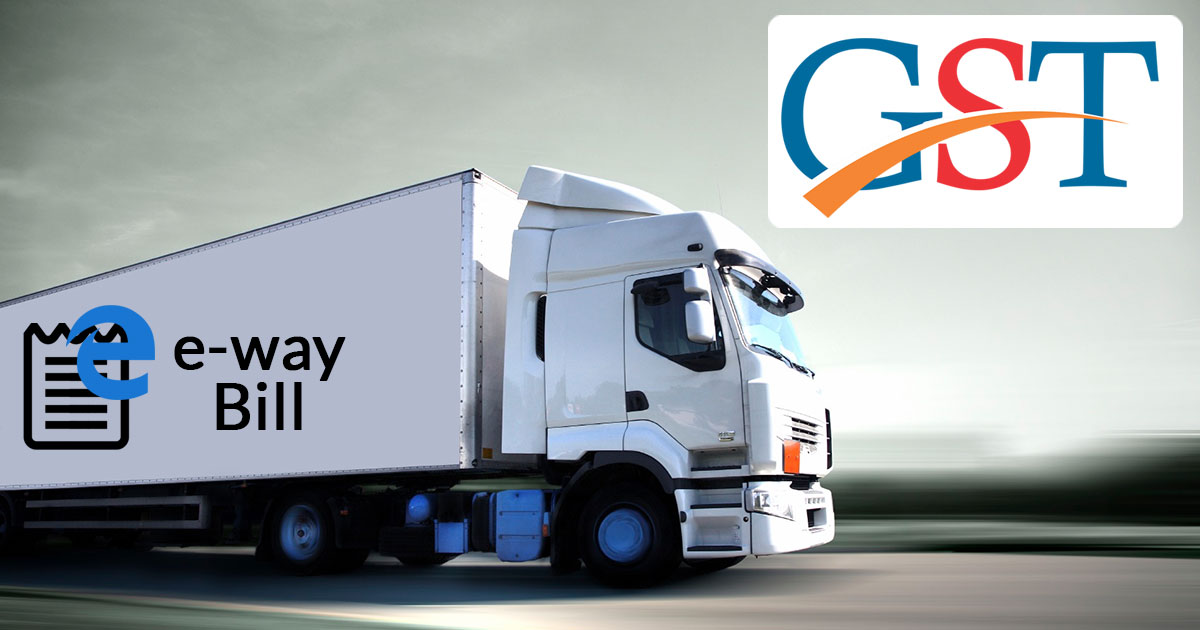Karnataka has proved to be well dependant on its own by giving an example of perfectly scrutinized GST tracking systems. Recently when GST revenues dipped down to a concerned level, the government has sought some information regarding the proper implementation of GST regime in the state of Karnataka.
Also, the state government has applied a better technological system to take a view on all the intrastate transaction of value more than INR 50,000. The state government in its meeting suggested to the authorities and GST council that the eway bill should be applied to one state and after the observing the consequences, it can be further taken to the other stats.
In the matter of the eway bill, the Karnataka government was the first to implement on September 12, 2017, with the help of information and communications technology (ICT) infrastructure of the state government. Karnataka’s Agriculture Minister, Krishna Byre Gowda stated, “The e-way bill system has been implemented in Karnataka since September 2017. Earlier, we had a similar system under the VAT regime, too. More than 1 lakh eway bills are generated every day in the system. A number of awareness and capacity building steps have been undertaken to sensitise traders, transporters as well as department officials in order to implement the e-way bill system in a smooth manner. About 1,20,000 dealers are registered under the system and around 947 transporters are also registered.”
Recommended: How to Generate E wayBill in Rajasthan, Uttarakhand & Karnataka
The eway bill concept launched by the state government was accepted by the traders and taxpayers very fast as an official added that “It is a very simple procedure where a supplier of goods requiring e-way bill has to register, fill up 6 or 7 mandatory fields and the vehicle number, and generate an e-way permit. On being stopped, the transporter only needs to show e-way permit which could also be carried on a mobile phone. As per the experience in Karnataka, only 2 percent of e-way permits were checked and physical examination of goods was only about 0.2 percent while rest of the goods moved without any interference from the tax administration.”
The officers have assured that the eway bill has maintained the transactions history of the state in a manageable position and has added that the installation of RFID (Radio Frequency Identification) will further make it much more streamlined. “This simple mechanism would encourage the taxpayer to comply with the law and also help expand the tax base.”
